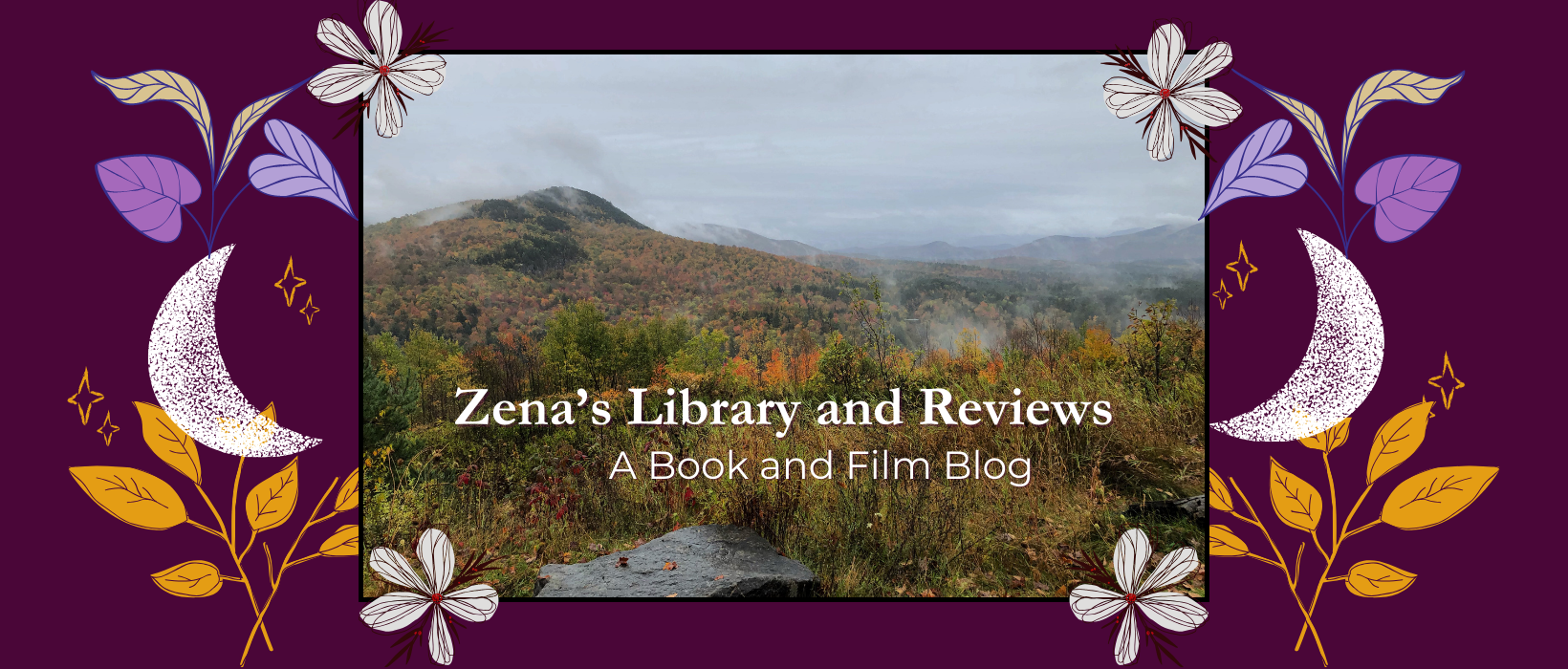
One thing Blackbear did do, whether or not I liked it, was make me think. It is, if anything, an incredibly layered film and one that I spent weeks thinking about. Let’s start with the way women are framed in this film.
Women are Dangerous, Liars and Melodramatic
For the first twenty minutes or so of Blackbear we have two women that are pit against each other. One is pregnant and together with the man who she owns the cabin with and one is visiting to write. The writer is “threatening” to the pregnant woman. There’s this dichotomy that plays out where one woman is “stealing” a man from another woman over and over in this film. Sometimes the man is with one of the women and wanting the other. On the absolute surface this then becomes a tale of jealousy, betrayal, and anguished relationships. However, the level of hysteria that the women display, especially the victimized, gas lit women is astonishing.
It feels like so many things – like real, honest agony of what these experiences are like. It feels like a point to directors who write women this way or who use women, psychologically spin them around or mould them into whatever looks best on screen. It also feels like gas-lighting and neglecting the pains of women who want to be good at their work, or for their men, or in general. It feels like decimated self worth. In one scene Alison says, “I’d be a slave.” She doubles back on it later with humour. And then she plays her role like a puppet, drunken sobbing for the scenes and in anguish between takes, the way sometimes actresses are, or have to be in the industry.
Death and the Maiden
There’s the bear which ends each chapter, which maims or kills Alison time after time. I think of it as a symbol to end each sequence by showing how “dead” Alison is in these scenes. She has no agency, her personality is whatever the director, boyfriend, man wants it to be. She gives them everything she has until she has nothing.
Favourite Parts
I love that first shot, and how we see it repeatedly in different sequences. It’s probably the most important one, because this is where we see the writer, director, actress, hysteric wife, woman and that she is basically all of them and none of them. And then the agency changes, the woman screaming on the floor who was written by a man is now written by a woman. Does this change our perspective of Blackbear? I think it definitely alters how we consider the scenes. However, when I think of power I think of it existing on multiple levels. If God was a woman does that make systemic patriarchy okay? Each chapter it’s still being given away to the men in the room. Does the writer have much power in the actual story, if she’s giving that power away? Something to consider.
Rating: 4/5
For more thoughts and reviews on movies, check out the Cinema category!


